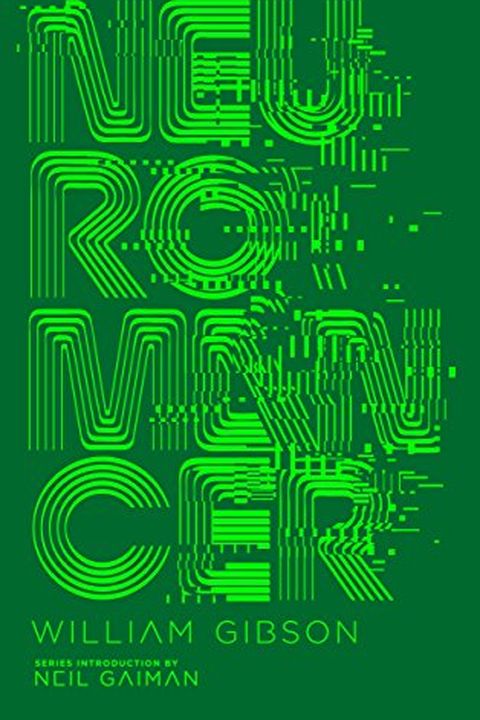Neuromancer Quotes
Cyberspace. A consensual hallucination experienced daily by billions of legitimate operators, in every nation, by children being taught mathematical concepts... A graphic representation of data abstracted from banks of every computer in the human system. Unthinkable complexity. Lines of light ranged in the nonspace of the mind, clusters and constellations of data. Like city lights, receding...
When the past is always with you, it may as well be present; and if it is present, it will be future as well.
All the speed he took, all the turns he'd taken and the corners he'd cut in Night City, and still he'd see the matrix in his sleep, bright lattices of logic unfolding across that colorless void...
His eyes were eggs of unstable crystal, vibrating with a frequency whose name was rain and the sound of trains, suddenly sprouting a humming forest of hair-fine glass spines.
We have sealed ourselves away behind our money, growing inward, generating a seamless universe of self.
Cyberspace. A consensual hallucination experienced daily by billions of legitimate operators, in every nation.
Night City was like a deranged experiment in social Dar-
winism, designed by a bored researcher who kept one thumb
permanently on the fast-forward button.
Lost, so small amid that dark, hands grown cold, body image fading down corridors of television sky.
We monitor many frequencies. We listen always. Came a voice, out of the babel of tongues, speaking to us. It played us a mighty dub.
And in the bloodlit dark behind his eyes, silver phosphenes boiled in from the edge of space, hypnagogic images jerking past like a film compiled of random frames. Symbols, figures, faces, a blurred, fragmented mandala of visual information.
His vision crawled with ghost hieroglyphs, translucent lines of symbols arranging themselves against the neutral backdrop of the bunker wall. He looked at the backs of his hands, saw faint neon molecules crawling beneath the skin, ordered by the unknowable code. He raised his right hand and moved it experimentally. It left a faint, fading trail of strobed afterimages.
